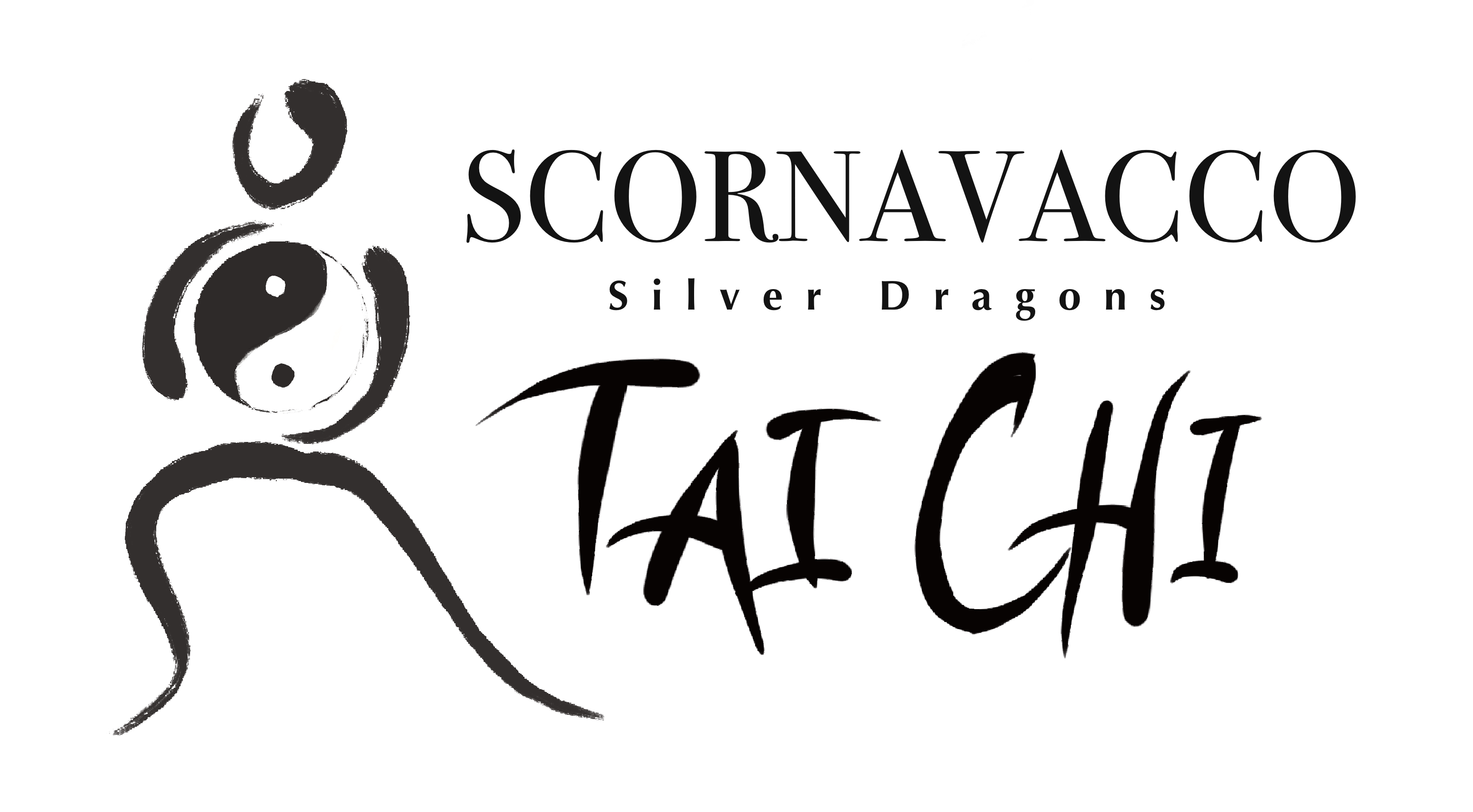 The mental, emotional, and physical health benefits of Tai Chi Chuan (Taijiquan) have been known to the Chinese for centuries.
The mental, emotional, and physical health benefits of Tai Chi Chuan (Taijiquan) have been known to the Chinese for centuries.
Tai Chi Chuan is an effective martial art that has become popular in The West because it is also a system of exercise and breath-work that allows students to practice throughout their lives.
Anyone can do Tai Chi (Taiji), regardless of your current state of health, since you do not have to be able to do circus-like feats to practice it. If you can breathe and move (even a little) you can benefit from the wonders of Tai Chi.
It is commonly said that Tai Chi “is for old people,” implying that only old people do Tai Chi, however, the truth is that what this saying really means is that doing Tai Chi is what allows you to live a long and healthy life — regular Tai Chi practice ensure that you live long enough to be considered “old.” In fact, it is common to see elderly Tai Chi students perform physical feats that others who are much younger cannot.
Health Benefits of Tai Chi, According to Harvard Health
“Although tai chi is slow and gentle and doesn’t leave you breathless, it addresses the key components of fitness — muscle strength, flexibility, balance, and, to a lesser degree, aerobic conditioning. Here’s some of the evidence:
Muscle strength. Tai chi can improve both lower-body strength and upper-body strength. When practiced regularly, tai chi can be comparable to resistance training and brisk walking.
Although you aren’t working with weights or resistance bands, the unsupported arm exercise involved in tai chi strengthens your upper body. Tai chi strengthens both the lower and upper extremities and also the core muscles of the back and abdomen.
Flexibility. Tai chi can boost upper- and lower-body flexibility as well as strength.
Balance. Tai chi improves balance and, according to some studies, reduces falls. Proprioception — the ability to sense the position of one’s body in space — declines with age. Tai chi helps train this sense, which is a function of sensory neurons in the inner ear and stretch receptors in the muscles and ligaments. Tai chi also improves muscle strength and flexibility, which makes it easier to recover from a stumble. Fear of falling can make you more likely to fall; some studies have found that tai chi training helps reduce that fear.
Aerobic conditioning. Depending on the speed and size of the movements, tai chi can provide some aerobic benefits. If your clinician advises a more intense cardio workout with a higher heart rate than tai chi can offer, you may need something more aerobic as well.”
Take your first step on the path to better health through Tai Chi by trying a FREE CLASS.
